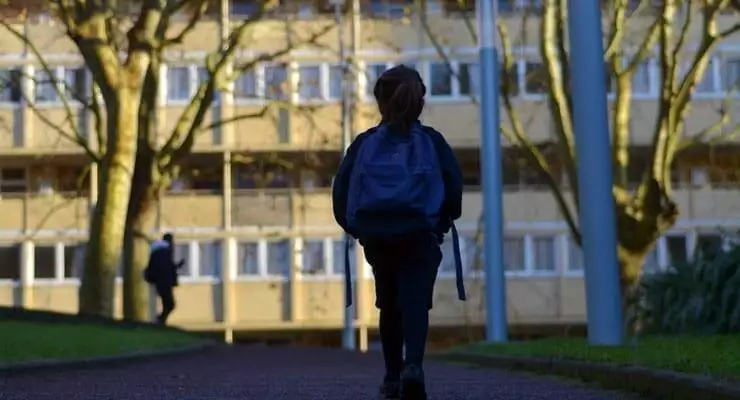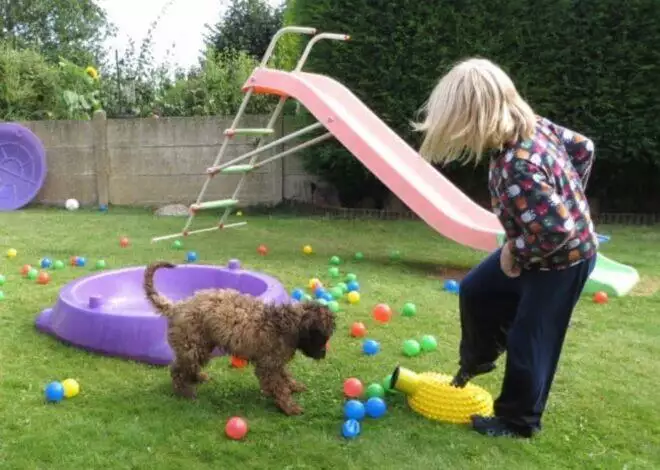Each year, one of the administrators from the middle school tells a story to incoming parents. The story involves a chrysalis that is struggling to turn into a butterfly and a kind person who, after seeing the painful process, decides to help remove it from its binds. The problem is that it is in the very process of breaking free that the butterfly gains the strength that it needs to survive, so that act of kindness becomes the kiss of death for the butterfly. His message is clear: our children are like those butterflies, and it is through the struggles and challenges that they will gain the tools to become emotionally-healthy, independent adults.
Julie Lythcott Haimes, a former Dean at Stanford University, gives a similar warning. She says that parents these days seem intent on creating bonsai children, just like bonsai trees, pruned into objects of perfect beauty. The problem? Bonsai trees, and bonsai children, are not fit to survive in the wild.
As parents, our brains are wired to protect our children, and though that wiring was helpful through most of evolution, in modern times, that instinct to protect can actually damage them in the long run. Yes, we want to bubble-wrap our kids. Yes, we want to protect them from harm. And in the wake of a tragic school shooting, these instincts are particularly strong, so we need to be particularly mindful of avoiding these mistakes.
Micromanaging Instead of Building Independence
There are dangers in the world–there always have been. So why do these school shootings seem to have such an impact? Because they leave us feeling out of control. The truth is, most of our kids have a much greater chance of getting hurt in a car accident, but with cars, we at least have the illusion that we can control it–we are at the wheel. When we feel out-of-control, we want to try to micromanage so we feel more in-control, which is exactly what our children do not need.
My son’s elementary school just implemented a new program designed to help students create a digital portfolio. As a parent, I was asked to sign into to program, enabling me to receive notifications with pictures and videos throughout the day of my son. I am guessing that the demand for this program comes from parents who want to feel like they are more in-control.
Though this may seem innocent enough, it is a symptom of the need to micromanage our kids lives. The whole job of childhood is to become independent from our parents and the job of parents is to support that transition. Kids need to break away and go to school. They need to feel that their parents trust that they will be safe and that they can handle themselves without their parents there. It is a critical right-of-passage.
The message that we want to send to kids is “Mom and dad will be here to support you if you need us, but we trust that you can handle challenges on your own or with the other supports in your life.” Instead, when we micromanage and try to interfere, we are telling them, “Mom and dad are aways here to save you from anything because we are afraid that something will happen to you if we are not there.” In the long run, this teaches kids to be fearful and anxious.
Focusing on Fear Instead of Resilience
The school shootings trigger a very strong fear response in parents, but instead of focusing on that fear, we need to teach our children that they have the power to handle challenges. We need to teach children that schools are usually safe, but just like they should be prepared for a fire by practicing drills, it is better to be prepared in case something goes wrong, so we practice strategies for handling lock downs. We should be doing the same thing for many types of challenges–for example, basic first aid. Kids should think of these as tools in their toolbox that can help them in all types of challenges.
I always say that our resilience is our response to any challenge, good or bad, which is guided by the way we think about 4Ss: self, situation, supports, and strategies. Every challenge, therefore, gives us the opportunity to use those Four Ss to help our kids build resilience. This is where we need to focus our attention because resilience can help prevent so many of the issues facing kids today.
The truth is, our country is more divided than we have ever been. Young people are experiencing mental health issues such as anxiety, depression, and addiction in numbers that we have never experienced before. According to a recent Gallup Sharecare report about well-being, for the first time in ten-years, not one state showed improvement and 21 states showed a decline in well-being.
As the parent of four school age children, I understand the fear. I understand how hard it is to trust and let go. But I also know that I want my children to feel confident that they have the tools they need to thrive on their own. Sometimes the kindest act we can do is to stand back and let them fly.





